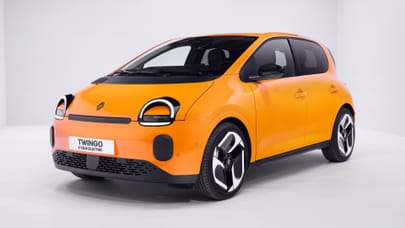
Volvo will kill off all its diesel cars by 2024
Swedish carmaker reaffirms commitment to going fully electric at the expense of its 'bread and butter'
Volvo has announced it’ll be stop production of all diesel models by next year. It’s always said it would be going all-electric by 2030. Now, it’s confirmed that by early 2024, the last Volvo diesel car will have rolled off the production line.
This move has been a long time coming, after the brand sold its stake in its combustion engine assets last November.
Jim Rowan, CEO at Volvo Cars, said: “Electric powertrains are our future, and superior to combustion engines: they generate less noise, less vibration, less servicing costs for our customers and zero tailpipe emissions. We’re fully focused on creating a broad portfolio of premium, fully electric cars that deliver on everything our customers expect from a Volvo – and are a key part of our response to climate change.”
In 2011, it launched the first diesel plug-in hybrid. Though Volvo admitted the diesel engine has long been its ‘bread and butter’ in Europe, in aiming to be a climate-neutral company by 2040 the Chinese-owned marque hopes the step back from diesel will inspire other carmakers to follow suit.
UK diesel sales have been falling month-on-month. However, at SMMT Electrified 2023, Lynn Calder, CEO of Ineos Automotive, emphasised a need for a mix of powertrains. Calder pointed out how its 4x4 models tend to be hard-working, often in rural environments, where infrastructure for supporting EVs is lacking. “We talk about EVs all the time and I think that’s quite dangerous.
“We’re going to need a mix. If we just say electric vehicles are the way forward for the UK, there is a risk we are going to fail and that risk is going to be expensive.” Which is why Ineos has an electric 4x4 arriving in 2026.
Clearly Volvo doesn’t think there’s as much of a risk going fully electrified. “What the world needs now, at this critical time for our planet and humanity, is leadership. It is high time for industry and political leaders to be strong and decisive, and deliver meaningful policies and actions to fight climate change," Rowan added.
Top Gear
Newsletter
Thank you for subscribing to our newsletter. Look out for your regular round-up of news, reviews and offers in your inbox.
Get all the latest news, reviews and exclusives, direct to your inbox.
Trending this week
- Car Review
BMW iX3








